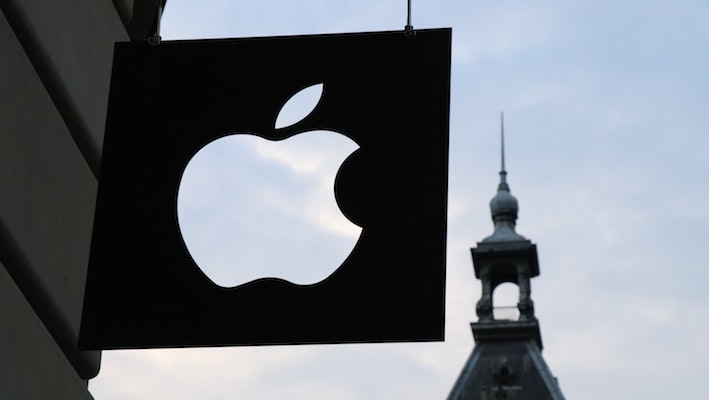
Probably the only group to be reveling in 2020 are the good folk at Apple, which this week became the first publicly listed US company with a US$2 trillion (A$2.7 trillion) sharemarket value, an increase of 57% in value in the year so far.
Which got us thinking — what does that kind of scratch buy you these days?
- The Louvre and all its contents is only likely to set you back about $82 billion.
- All the Rolls-Royces sold in the world in 2019 (5152 of its most popular car, retailing at about US$400,000 would come in at just under A$3 billion).
- Take 1,134,453,781 of one’s closest friends to Sublimation in Spain, the world’s most expensive restaurant. The invite list drops to an agonising 732,899,022 if you pay for their flights at an average of $1300 a ticket.
- At the average oil price for 2020, you could buy all of Saudi Arabia’s proven oil reserves, and still have a nearly $700 billion nest egg.
- 1080g of magical fuel positrons, but you’re still a fair bit short of the $62 trillion estimated cost of producing a gram of anti-matter.
So, as you can see, you have to get pretty grand to even make a dent. So what about… Australia? $2.7 trillion greatly exceeds our GDP ($1.89 trillion); you could throw in New Zealand and most of Micronesia and still have change.
But of course, as University of Sydney constitutional law profession Anne Twomey told Crikey, Australia, the polity, is not something that anyone “owns”, exactly. Still, you could sell the physical land.
“Even then, this is complex, because under our land system, when people buy freehold title to land, it is only a series of rights in relation to the land,” she said. “The underlying title — sometimes described as the ‘radical title’, see the Mabo case — since the British claimed Australia, is held by the ‘Crown’.”
From there, it just gets more complex.
“Then there is the question of what is actually meant by the term ‘Crown’ – is it the executive government, or the entire polity itself?” she said, adding this doesn’t take into account the question of ongoing native title rights and questions of Aboriginal sovereignty.
“So if Apple wanted to buy Australia, the answer is that Apple would really end up buying a lot of complex legal advice, and enriching many lawyers with holiday homes and Lamborghinis.”








Apple could buy a drawn-out war in Iraq & still have plenty change.
It’s valued at $2 trillion. That doesn’t mean it’s worth $2 trillion. Plus, all it takes is for someone else to get to market first with the next ‘big thing’ in computer or communications technology and that $2 trillion could evaporate pretty quickly.
Does any of this mean anything, other than a reminder that a trillion is an impossibly large number?
Get the basics before you write. Apple has a market cap of 2.005 trillion USD. 2.784 trillion AUD. Apple has a yearly net profit of 56.360 billion USD, 78.27B billion AUD. Australia has a GDP/yearly income of 1.9911 trillion AUD, 1.434 trillion USD. If Australia was assigned a market cap like Apple based on Apple’s price to earnings ratio of 35.57, Australia would be valued at 70.82 trillion AUD. So if Australia was valued like a company with the same P/E as apple, it’s value would be valued about 35 times greater than apple.
As this “value” is dependent on the share market, historically corrupt, volatile and, currently, artificially pumped up, I would like to check in 5yrs time.